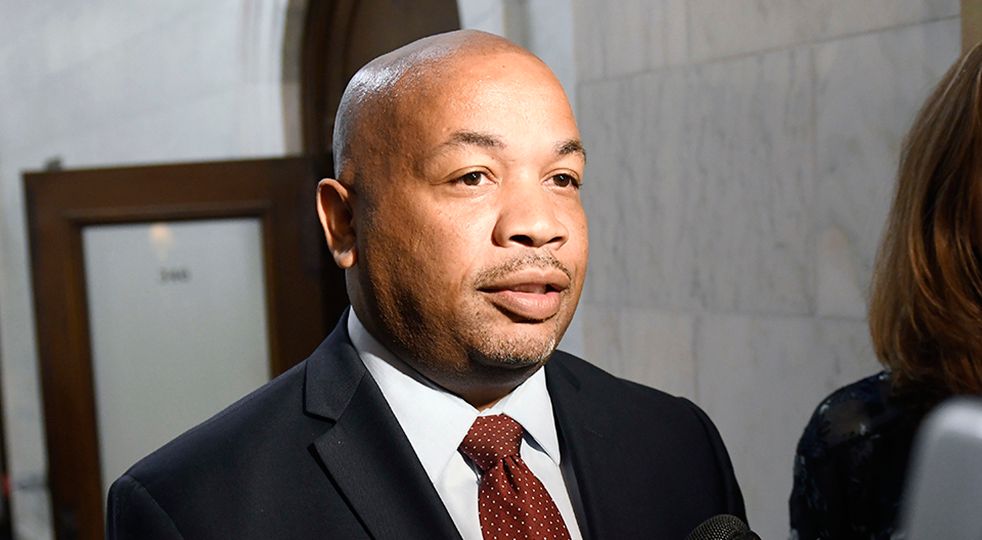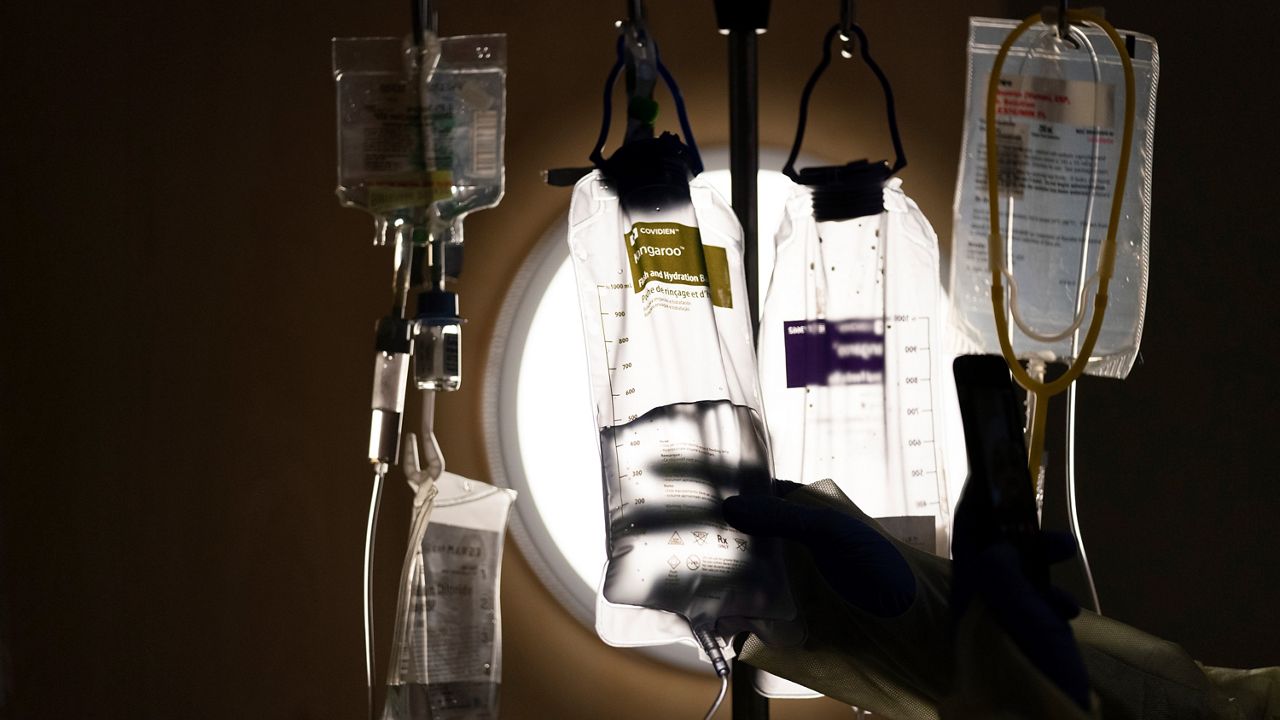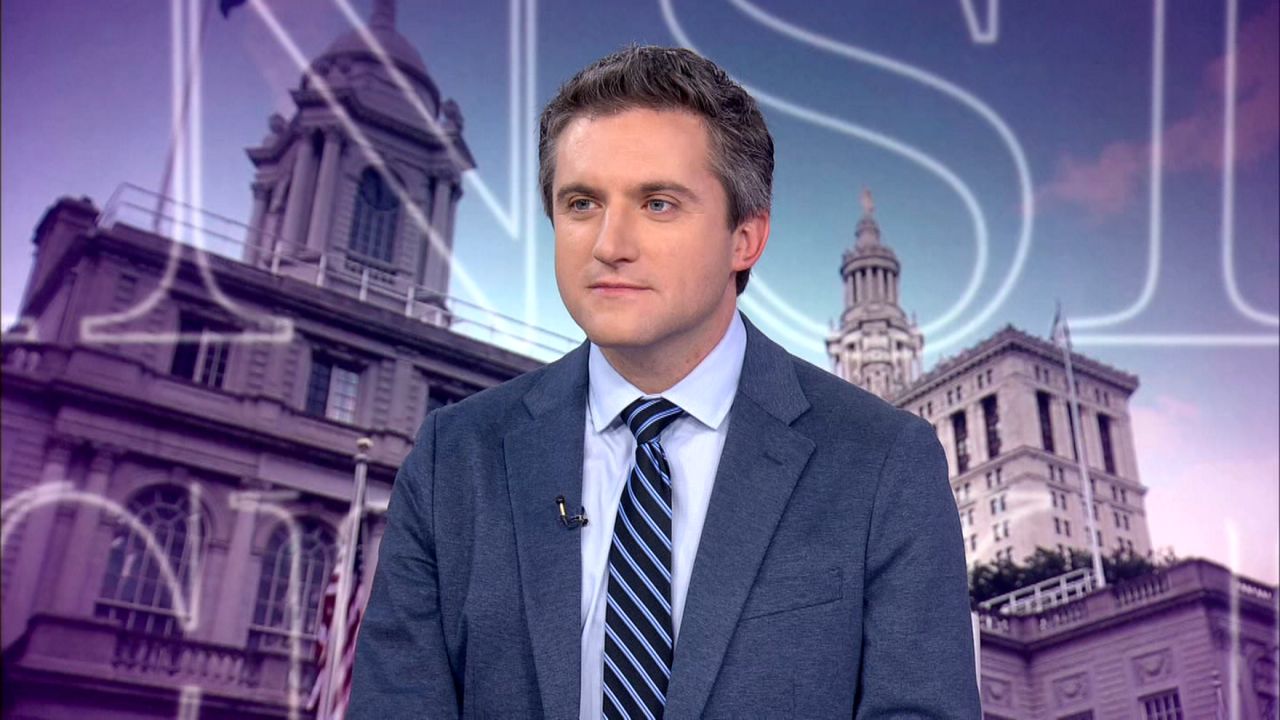A push to amend the state's new cashless bail law continued to intensify this week at the state Capitol, but Assembly Speaker Carl Heastie told reporters Thursday he would oppose making any changes.
Senate Republicans sought a rollback of the law on Thursday, which was summarily rejected by Democrats. But amid the pressure has been a growing counter push by advocates to keep the law intact.
“I think I’m ready to let the law continue the way it is,” Heastie said. “We want safe communities, but it is important to have a criminal justice system that treats everybody equally.”
At issue is a push by some Democratic lawmakers to provide judges with the ability to determine whether a person is too dangerous to be released from custody before facing trial. The law ended cash bail requirements for misdemeanors and non-violent felonies. But criminal justice advocates point to judicial discretion provisions as potentially having a similar affect of keeping people of color in jail, while allowing white defendants to go free.
Heastie has urged patience with the new cashless bail law, which took effect at the start of the new year.
“I didn’t hear anybody screaming, and yelling or panicking, when Harvey Weinstein was able to put in a million dollars on bail, walk out of jail with all of the horrible things he did to people," Heastie said. "We have to get out of this idea that bail equates to safety.”
Senate Republicans, meanwhile, continued to press forward on changing the measure. Republican lawmakers unsuccessfully sought an amendment to the measure on Thursday, but it was shot down by majority Democrats.
"The way you do reform properly is you actually listen to people that we represent, you actually listen to law enforcement, you actually listen to district attorneys," Senate Minority Leader John Flanagan said.
Attorney General Letitia James, a Democrat, in an interview this week said she expects legislators to take up amendments to the law.
Governor Andrew Cuomo, in a speech on Monday, said the cashless bail law would likely need to be addressed by the legislature this session, but did not provide specifics.








